La isla de los olvidados (2010) Online
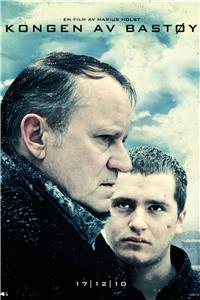
Based on a true story: Norwegian winter, early 20th century. On the island Bastoy, located in the Oslo fjord live a group of delinquent, young boys aged 11 to 18. The boys daily, sadistic regime is run by the guards and the principal who bestow both mental and physical abuse on them. Instead of the boys being straightened out with education they end up being used as cheap, manual labor. The boys attempt to survive by adapting to their inhumane conditions. One day a new boy, Erling (17), arrives with his own agenda; how to escape from the island. How far is he willing to go in order to get his freedom?
| Cast overview, first billed only: | |||
| Benjamin Helstad | - | Erling / C-19 | |
| Trond Nilssen | - | Olav / C-1 | |
| Stellan Skarsgård | - | Bestyrer Håkon | |
| Kristoffer Joner | - | Husfar Bråthen | |
| Magnus Langlete | - | Ivar / C-5 | |
| Morten Løvstad | - | Øystein (as Morten Strøm) | |
| Daniel Berg | - | Johan | |
| Odin Gineson Brøderud | - | Axel | |
| Magnar Botten | - | Lillegutt | |
| Markus Brustad | - | Jan | |
| Agnar Jeger Holst | - | Arne | |
| Tommy Jakob Håland | - | Terje | |
| Richard Safin | - | Eirik | |
| Frank-Thomas Andersen | - | Gårdsgutt Bjarne (as Frank-Thomas H. Andersen) | |
| Arne Brønstad | - | Husfar Kjell |
Bastoy prison is still in operation today but is a minimum security institution.
At the time, this was the most expensive Norwegian film ever made.
The film was shot in 54 days.
People from more than fourteen countries were represented on the set.
Based on true events that occurred on the Norwegian prison island of Bastoy in 1915.
Director Marius Holst spent a year setting up camps and workshops for boy actors to help him find the right recruits to play convict children in his film.
Ellen Dorrit Petersen (Bestyrerens kone) & Benjamin Helstad (Erling / C-19) also worked together on Grenseland (2017), as Anniken & Lars respectively.
So far the most expensive film to the production company 4 1/2.
Stellan Skarsgård (Bestyrer Håkon) & Nils-Fredrik Tveter (Husfar) also starred together in Kadumise järjekorras (2014), as Nils Dickman & Gabriel Halvorsen respectively.
Opening film for the 34th Gothenburg Film Festival.
Shot on location in Estonia.


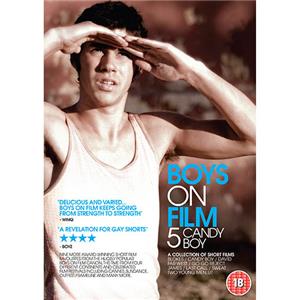
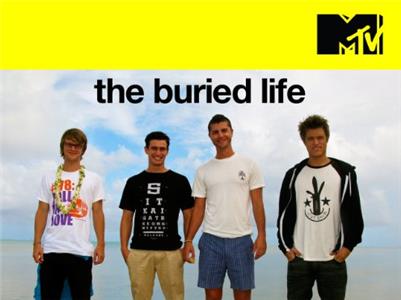


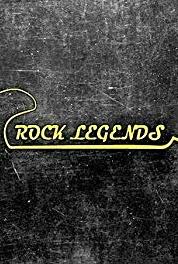
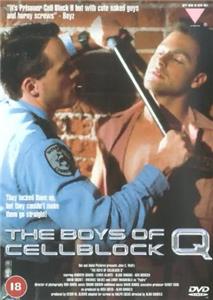
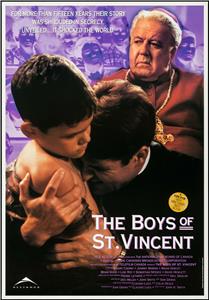
User reviews